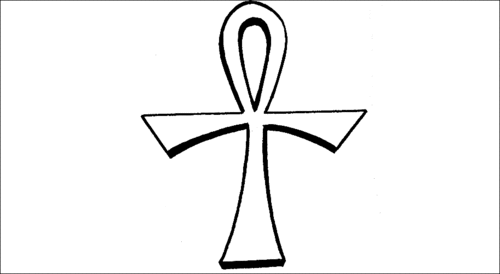Age of Enlightenment
The Age of Enlightenment (also known as the Age of the Avatar) refers to the time period of the second trilogy of Ultima games (Ultima IV, Ultima V and Ultima VI). This also includes Ultima Underworld: The Stygian Abyss, Worlds of Ultima: The Savage Empire, and Worlds of Ultima: Martian Dreams.
Overview[edit]
The Age of Enlightenment takes place in a time of prosperity for Sosaria/Britannia. The war in this time period is a spiritual one; the people long for a meaningful foundation on which to base their lives. Other lessons must also be learned about the dangers of racism, prejudice, and the dangers of basing strict laws on an ethical system. The central focus point in this age is the Codex of Ultimate Wisdom, the book that holds all answers, as reaching it was the goal in Ultima IV, its removal from its shrine caused the events of Ultima V and it became one of the central points of conflict in Ultima VI. Ironically, removing the Codex from the world altogether would prove the solution to the problem, as it was the temptation to monopolize its knowledge that caused all the problems in the first place.
In the Stygian Abyss, survival under even the most difficult of circumstances has to be learned, while at the same time virtue has to be upheld as many of its inhabitants, despite their looks, are peaceful. Other worlds outside of Britannia then call for different solutions from the Avatar, who is confronted with things outside of normal context.
Protagonist[edit]
- The Stranger
- The Avatar (since the end of Ultima IV)
Antagonists[edit]
- Your own dark side (Ultima IV)
- Lord Blackthorn and the Shadowlords (Ultima V)
- Gargoyles (initially), racism and misunderstanding (Ultima VI)
- Myrmidex Queen (Savage Empire)
- Raxachk (Martian Dreams)
- Tyball and the Slasher of Veils (Ultima Underworld)
Notable Locations[edit]
The Games[edit]
The Ultima series really began to come into its own in this period. Ultima IV, especially, was hailed as a groundbreaking game for its innovative use of ethical conundrums – the enemy was more often the player's own dark side, and it brought many questions to the forefront. The game could only be won by following The Eight Virtues ... there was no "big bad guy" to defeat. Ultima V takes on the faults and dangers of taking an ethical system and turning it into strict laws (legislating morality), thus showing the depths of despotism and fundamentalism. Later, Ultima VI tackles the concept of racism, and how seemingly-minor misunderstandings can lead to heinous tragedy and best intentions – bringing the Codex to Britannia – started a chain of disaster dominos.
Compared to this, the villains in Ultima Underworld and the Worlds of Ultima are more conventional, although they have good background story behind them.
Technical-wise, the games do get more complex with each installment, reaching a first peak with Ultima VI, resulting in a detailed and 'alive' world, immersing oneself in the world of Britannia.
See Also[edit]
- Ultima IV: Quest of the Avatar
- Ultima V: Warriors of Destiny
- Ultima VI: The False Prophet
- Worlds of Ultima: The Savage Empire
- Worlds of Ultima: Martian Dreams
- Ultima Underworld: The Stygian Abyss






